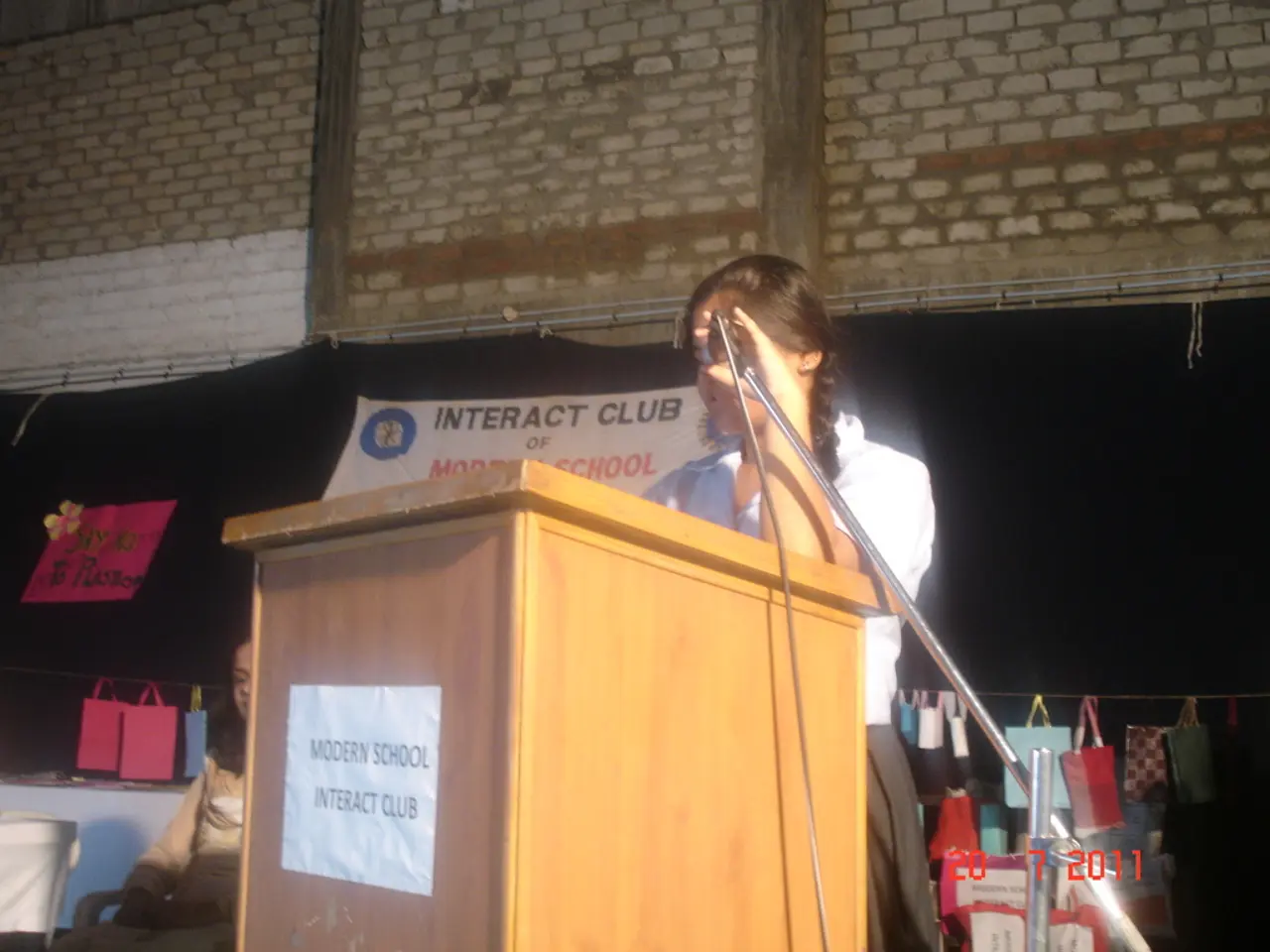Following the Ukraine summit in Berlin, Trump issues warnings to Putin, stating potential severe repercussions
In August 2025, the European Union, the United States, and Ukraine find themselves at somewhat divergent positions in negotiations to resolve the ongoing conflict in Ukraine. The recent meetings involving Ukrainian President Volodymyr Zelenskyy, former U.S. President Donald Trump, and Russian President Vladimir Putin have shown mixed developments but no breakthrough agreement.
Ukraine, under the leadership of President Zelenskyy, is advocating for a full withdrawal of Russian troops, the return of prisoners and kidnapped children, prosecution of Russian war crimes, and robust security guarantees to prevent future Russian aggression. Zelenskyy has expressed willingness for direct talks with Putin and has received support from Western allies for such negotiations[1][3][4].
The United States, under Trump's influence since his 2025 presidency, broadly aligns with Russian demands, including territorial annexations and curtailment of Ukraine's NATO aspirations. Trump's administration has supported Russian proposals to end the war, encouraging talks that might involve Ukraine conceding territory, though Trump also backs Zelenskyy's request for direct talks with Putin[1][3].
The European Union and European leaders remain more aligned with Ukraine than with Russia, advocating for a ceasefire monitored by a "coalition of the willing" to guarantee security. They resist Russia’s demands for recognition of annexed territories and reject permanent bans on Ukraine joining NATO. The EU supports Ukraine’s sovereignty and security guarantees but has yet to witness a willingness from Russia to cease hostilities or reverse territorial claims[1][3].
Russia, led by Putin and foreign minister Lavrov, insists on a peace framework based on the 2022 Istanbul talks and the Minsk II agreement, demanding recognition of annexed territories, permanent restrictions on Ukraine’s military, veto power over Western military aid to Ukraine, and guarantees that Ukraine will never join NATO[1][2][5]. Russia continues offensive operations and has rejected calls for a ceasefire despite Western and Ukrainian proposals[1][2][5].
Ukrainian public support has shifted markedly toward favoring a negotiated peace, reflecting war fatigue, though skepticism remains about a quick resolution[4]. Despite recent summits—Trump and Putin in Alaska and Zelenskyy with Trump and European leaders in Washington—no substantive peace agreement has been reached, and Russia’s Putin remains unwilling for immediate bilateral talks with Zelenskyy, prolonging the conflict[3][5].
In a recent development, Alexei Fadeyev, deputy spokesman for the Russian Foreign Ministry, stated that the EU is sabotaging the peace efforts of the USA and Russia[2]. Meanwhile, German Chancellor Friedrich Merz invited the digital summit out of concern that the two presidents could make decisions without consulting Kyiv[6].
As the conflict continues, the Kremlin dismisses the diplomatic efforts of Ukraine's European allies as politically and practically insignificant[2]. Merz, however, reiterated that Ukraine should be at the table in negotiations[7]. The talks in Alaska were described by Zelensky as a "personal victory" for Putin[8]. Despite these challenges, the search for a peaceful resolution to the Ukraine conflict continues.
Read also:
- Discussion between Putin and Trump in Alaska could potentially overshadow Ukraine's concerns
- Massive 8.8 earthquake hits off the coast of Russia's Kamchatka Peninsula, prompting Japan to issue a tsunami alert.
- Court petitions to reverse established decision on same-sex marriage legalization
- Independence supporters in New Caledonia refuse agreement offering authority without a vote on sovereignty








